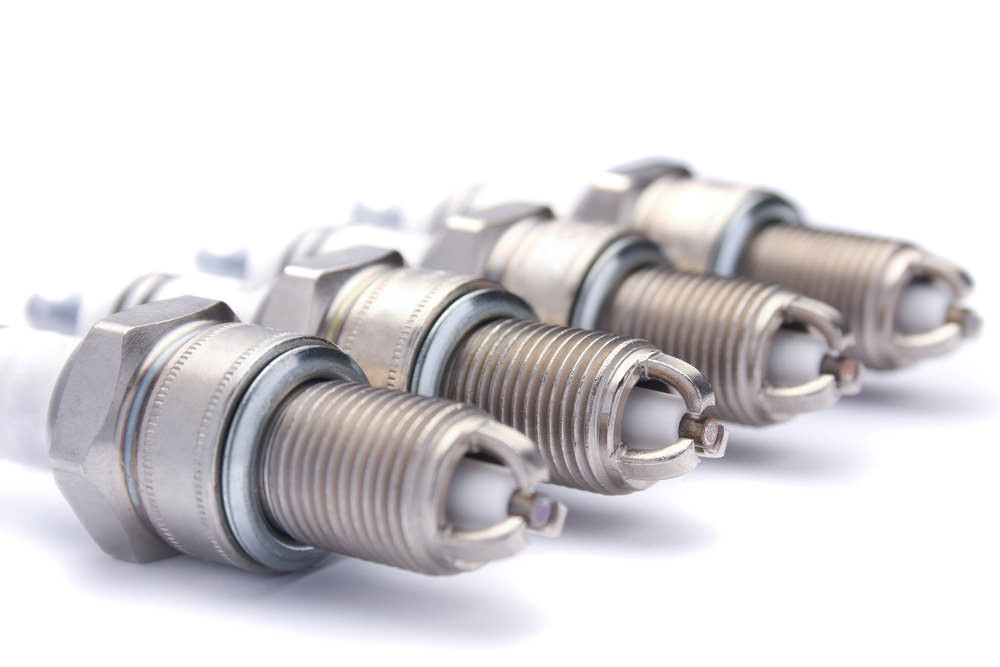

Spark plugs are essential components of your ignition system. They’re responsible for supplying the spark that ignites fuel and starts the combustion process. However, not all spark plugs are created equal. You’ll find “normal” plugs on the market, but there are also some rather exotic sounding alternatives. If you’ve found yourself wondering what the difference was between iridium, platinum, “Splitfire®” plugs, and other options on the market, it doesn’t have to be confusing.
Types of spark plugs
First and foremost, high performance does not necessarily mean longer life. If you’re thinking about spending a lot of money on high tech spark plugs, understand that you might actually have to replace those sooner than if you’d just gone with the OEM recommended plugs.
Copper: Copper spark plugs have the shortest life on the market, but they’re the best at conducting electricity. You can expect to replace these roughly every 25,000 miles or so (a great deal depends on your driving habits, as well as your engine’s condition).
Platinum: Platinum plugs aren’t really designed to deliver better conduction for electricity, but they do provide a longer overall use life.
Iridium: Iridium plugs are similar to platinum plugs in that they’re designed to offer a longer lifespan. However, these can be finicky, and gapping them can actually damage the electrode, so many mechanics recommend against using them in a stock engine.
Exotic Tips: You’ll find a lot of different tip designs on the market, ranging from split tips to dual tips, and even quad tips. Ostensibly, this is supposed to deliver better spark, but there’s no evidence they do anything other than cost you more at the checkout counter.
Really, the best spark plugs for normal use are probably the ones that came in your car’s engine from the manufacturer. Check your owner’s manual for the automaker’s recommendation, or speak with a trusted mechanic.



